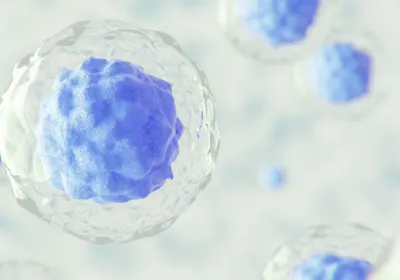Alyssa Johnsen, MD PhD
Immune-mediated rheumatic disorders are complex chronic diseases that arise from multiple genetic and environmental factors.1 Understanding of the immune system has progressed dramatically during the last two decades, resulting in significantly improved advanced therapeutic options for many rheumatic disorders, such as rheumatoid arthritis (RA), ankylosing spondylitis (AS), and psoriatic arthritis (PsA).2 However, the complexity of immune-mediated diseases continues to limit physicians’ ability to successfully treat the entire spectrum of rheumatic conditions. Effective therapies remain limited for diseases like systemic lupus erythematosus (SLE), Sjögren’s syndrome (SjS), and systemic sclerosis (SSc).
Disease Heterogeneity Complicates Diagnosis and Treatment
Complexity in rheumatic disease diagnosis and treatment arises from the variability of disease etiologies and heterogeneity of presentation within each disease, confounding the ability to predict the degree of efficacy of a therapy for an individual patient.1,3 For example, immune-mediated rheumatic disease etiology has been attributed to genetic susceptibility, epigenetic modification, and ...



















